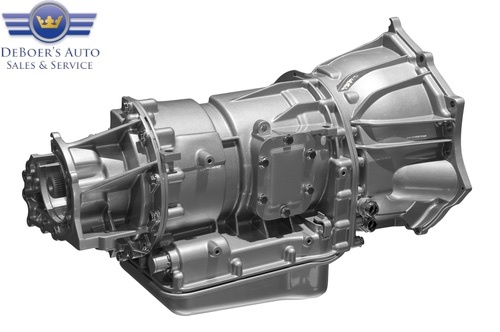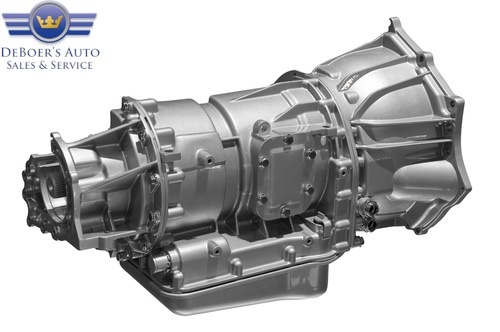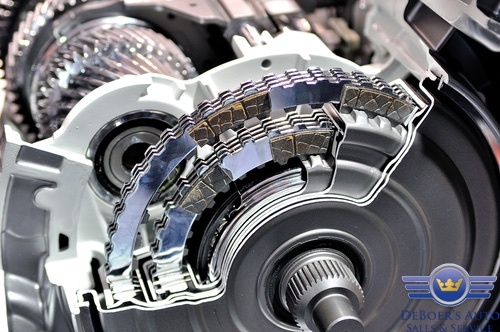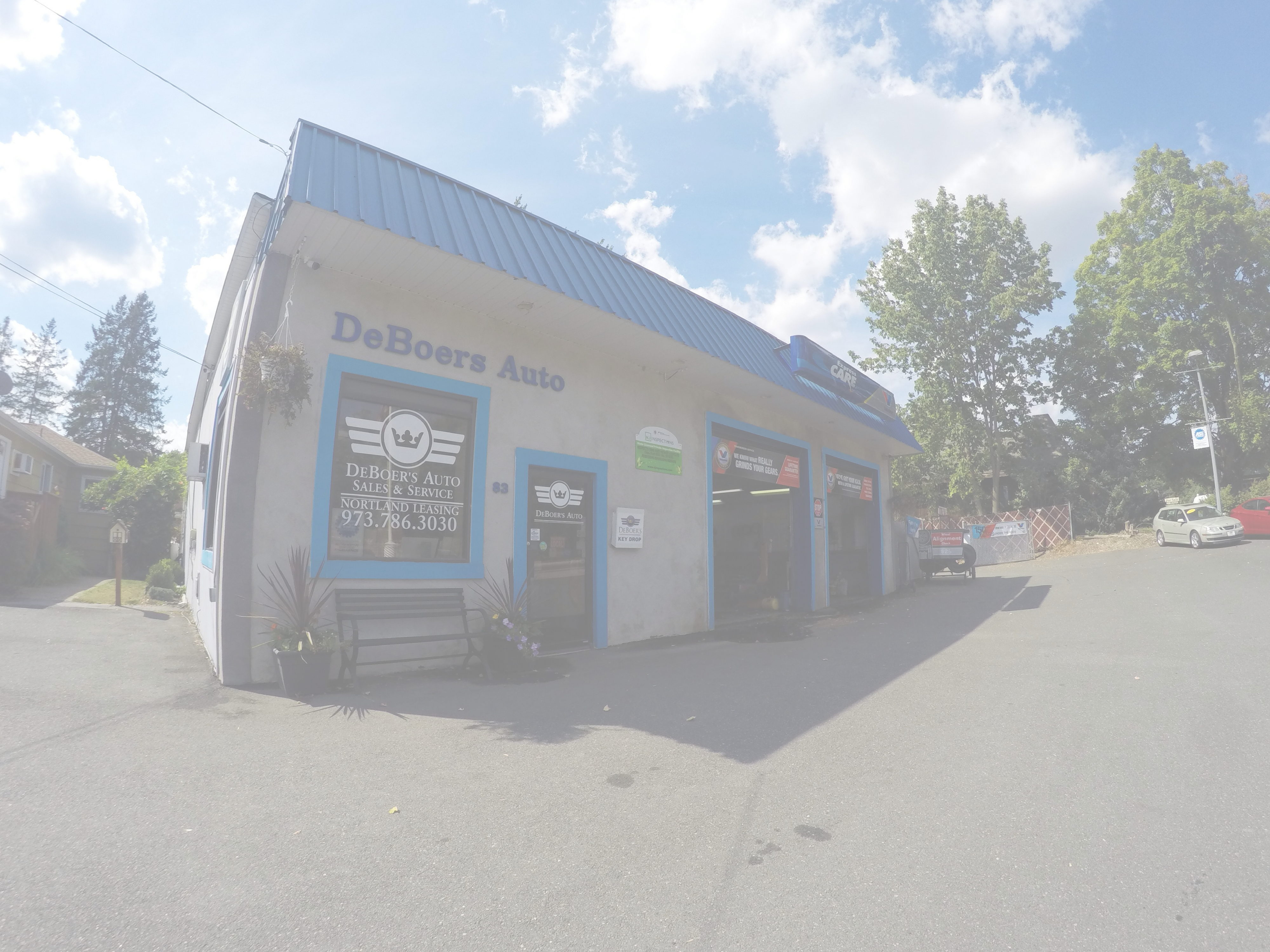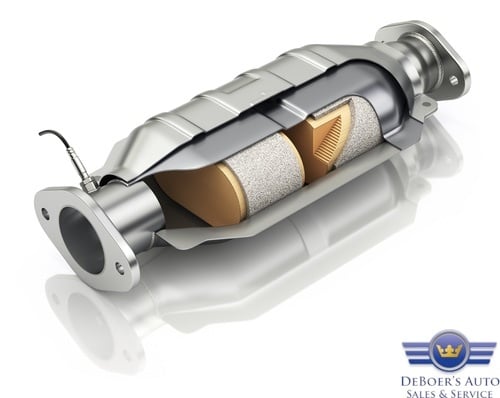There are five words an automotive technician can say to a customer almost guaranteed to elicit panic: “You need a new transmission.” Most drivers know little about their car’s transmission other than a) the car can’t operate without it and b) it’s an expensive, major item to replace. If you learn you need a new transmission, you should know you have options. The more you know about those options, the more likely you’ll be to make a wise choice about how to proceed.
The Differences Between a Rebuilt Transmission and Remanufactured Transmission
Many consumers incorrectly use the terms “rebuilt” and “remanufactured” interchangeably. In reality, there are big differences between the two when it comes to a car’s transmission. A rebuilt transmission has been reconditioned. Someone has cleaned it, inspected it, identified the components that are worn or broken and replaced only those parts. Warranties on rebuilt transmissions are limited, in part because a rebuilt transmission is a mix of worn components and brand new components. There’s no guarantee the worn components won’t fail sooner rather than later. A remanufactured transmission, on the other hand, has been thoroughly remanufactured as the name indicates. All wearable components have been replaced, not just ones that are worn or broken. Mechanical tolerances have been restored to their original OEM standards. Consider a rebuilt transmission a Band-Aid approach and a restored transmission a surgical approach. Here are four compelling reasons to go with the comprehensive remanufactured option.
Added Peace of Mind
All parts subject to wear and tear are replaced when a transmission is remanufactured. You won’t need to worry a semi-worn part was left in and will fail in the near future.
Inclusion of Factory Updates
Manufacturers are always tweaking their products. When a transmission is remanufactured, the new version includes updates that have been made in the years since the transmission was built. Past updates have included things like improved friction material and valve design and more precisely machined internal parts.
High-Pressure Heat Treatment and Dynamometer Testing
Remanufactured transmissions are created using sophisticated equipment transmission rebuilders typically can’t afford to have on-hand. Remanufacturers ensure even the narrowest of passages and channels in the transmission are clean and unclogged by soaking them in high-pressure, high-heat parts washing tanks. They also test the final product thoroughly with a dynamometer that simulates real-world conditions. The goal is to ensure once the remanufactured transmission is installed in a vehicle, it will work perfectly the first time.
Much Better Warranty
Because remanufactured transmissions have been completely overhauled and all components replaced, they come with longer warranties, usually two or three years compared to two or three months for rebuilt transmissions.
If you bring your vehicle into a repair shop to service your transmission and learn your transmission is shot and needs to be replaced, do your homework before agreeing to that shop’s recommended course of action. Not all car repair shops in Sussex emphasize quality service and customer satisfaction over quick-turn profits. You can be certain DeBoer’s Auto Sales & Service always has customers’ best interests in mind. Our reputation depends on it. If you know you need a new transmission or suspect you might, contact us. We won’t steer you toward a Band-Aid rebuilt option. We will explain to you exactly why it’s in your best interests now and into the future to let us secure a remanufactured transmission for your car.



